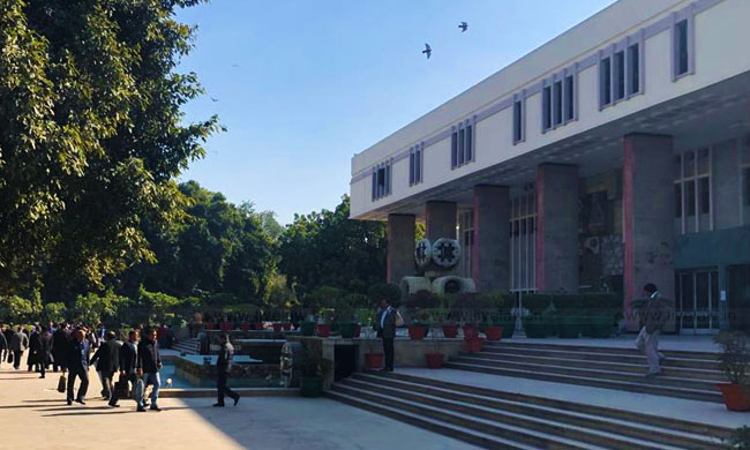The Delhi High Court has observed that taking of cognizance is a judicial function and that the judicial orders cannot be passed in a mechanical or cryptic manner. Justice Sudhir Kumar Jain has added that at time of taking cognizance, a Magistrate is not required to consider the defence of the proposed accused or to evaluate the merits of the material collected during investigatio or to pass...

